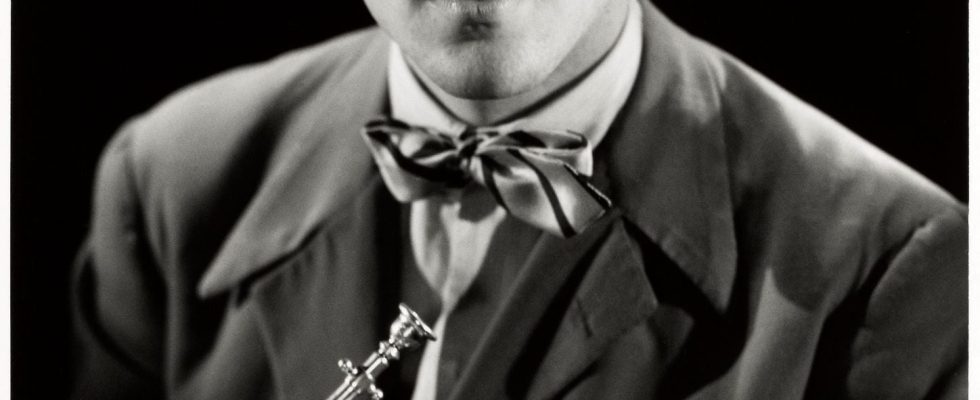On February 15, 1954, Boris Vian submitted to Sacem the text of a song entitled The deserter. Vian is 33 years old. France has been liberated for less than ten years, but is at war again, in Indochina, which means that all the “reservists” are likely to go and fight and die there. The question that arises in the conscience of young boys is therefore whether they would be showing cowardice or courage by refusing to go.
As everyone knows, Vian’s song is a letter to the President of the Republic, a generic president, René Coty is not personally designated. But Vian tells him bluntly that he does not want to wage war, and that he will not wage it. A deserter faces the death penalty. We are therefore taking a big risk in singing this ode to desertion. If Boris Vian sings it, it is in Parisian cabarets, or to friends, including Marcel Mouloudji, a big star of the time, who would like to include it in his repertoire but in a slightly different version, if possible. .
Boris Vian’s original version ends with “If you condemn me/Warn your police/That I take weapons/And that I know how to shoot.” The version negotiated by Mouloudji ends like this: “If you pursue me/Tell your gendarmes/That I won’t have any weapons/And that they will be able to shoot.” Mouloudji then sings The deserter in all his galas. According to differing accounts, it elicits enthusiasm, anger or indifference from the public. It was only once recorded, in 1955, by Mouloudji and then by Boris Vian in Mouloudji’s version, that the song triumphed.
This palinody does not change much to the poverty of the melody, we know that Boris Vian always preferred efficiency to counterpoint, and his Deserter is far from being the best song from the author of Hurt me Johnny. Mouloudji’s friendly censorship will have made possible a success that the first and combative version would not have obtained, because the pacifists could not have adopted it as they did. To find out more, go read Boris Vian and the ambiguities of the “Deserter”, by Ursula Mathis-Moser, its exegesis is on the Net. And then, still on my advice, you will go to the cinema to see The deserter by Dani Rosenberg.
The final solutions are endless
As effective as Boris Vian’s song, the film, shot a year before October 7, 2023, tells a story in every way opposite to that of the song. Shlomi, 18 years old, Israeli soldier, on special operation in the Gaza Strip, lost his company during a clash with the Palestinian enemy. Or maybe he intentionally hid behind that mattress. In any case, he takes advantage of this opportunity to flee the battlefield and return to Tel Aviv to join his lover, a waitress in a nice restaurant, as far from the war as the Deux Magots of the Algerian djebels could be. Shlomi has curiously kept his weapon and his uniform, and he wanders around this carefree, free and touristy city like certain capitals of countries at war sometimes are: a happy den of hideouts, Berlin in 1940, Damascus in 2019, Moscow today today.
You will often repeat, when seeing this film, as we pinch ourselves to believe it, that it was shot a year before October 7, because everything is there, and everything was there, predictable, logical, inevitable.
Searching for its missing soldier Shlomi, the Israeli army declares him a prisoner of Hamas and launches a vast punitive operation in Gaza to find him. At one point, our lost deserter, torn between his mother who asks him to return to fight as if nothing had happened and his lover who longs to hug him again and again, torn between his patriotism and his freedom, learns to TV the results of the operation responsible for recovering it: more than 60 dead, if I remember correctly. I won’t tell you how it ends, but you know: the final solutions are endless, and abject.
Christophe Donner, writer
.
